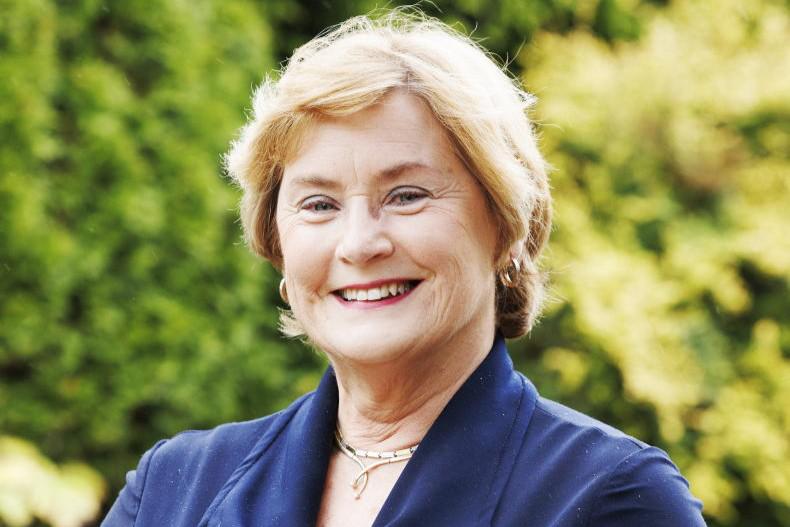I watched the wonderful documentary about Phil Lynott on RTÉ last week, a spectacular biopic. What struck me was how it was inevitable that a man of his talents would leave Ireland.
While a very proud Irishman, there was a type of Ireland back then that did not embrace ambition.
Bob Geldof is of a similar ilk, too racy, too independent, too outspoken and too talented to have stayed here.
Both Geldof and Lynott were ahead of their time in that regard. Ireland was set in its ways. And the 80s will be remembered for the mass emigration of young people in search of work. But remember how introverted we were back then.
Homosexuality was a crime and the Provisional IRA campaign were two negatives of that era
In surveying the country we live in today where people are ultra critical of government and society, do they not realise how far we have come as a nation? Frustratingly, the younger critics of modern Ireland were not around in the 1980s when Ireland was not a very nice place in which to live. Homosexuality was a crime and the Provisional IRA campaign were two negatives of that era.
What Lynott and Geldof had in common obviously was they were expressive artists. But to express a critical or analytical opinion was anathema to a conservative national mindset. They symbolised the subservient way of life by getting out and making it big through their songwriting and performances. They would have been right to feel unloved by the country they loved.
It may seem like a bizarre, way-out-there suggestion but I think Geldof would actually make a great president of Ireland for a whole host of reasons. Let’s begin the campaign now!
There are plenty of issues in this country presently which we cannot be proud of for sure. Housing and racism are two that spring to mind. But I far prefer the Ireland of today than the Ireland of the 1980s.
In the 1950s, 60s, 70s and 80s, cover-ups, power and denial were part and parcel of the almighty Church
I am not on the populist bandwagon of decrying the Catholic Church as a relatively practising catholic, but in any fair analysis of Ireland in the 1980s compared with now, the fact that the church has lost a lot of its grip on society can only be viewed as positive. In the 1950s, 60s, 70s and 80s, cover-ups, power and denial were part and parcel of the almighty Church whilst many families lived in abject poverty. In recent years, revelations of the slavish way in which young mothers were treated by society during that era came to light.
Growing up in the 1980s, I have only warm memories. They were fun times in which to be a teenager and maybe some other time, we will recall the innocent rituals of that era of being an 80s kid.
As a country we have many problems, not least the legacy of COVID-19
But a broader analysis of the socio-economic circumstances, the Troubles and the unique church-state relationship paints a picture of a country that was dysfunctional on so many levels.
Yes so many great artists, poets and sports people made it by staying in Ireland, but it was easy to see how talents such as Lynott and Geldof and many more unheralded talents in their own field needed to get out of here in order to channel their skills unhindered or to live their life more freely.
As a country we have many problems, not least the legacy of COVID-19 and the terrifying prospects of the climate crises. And people have their daily struggles but at the same time, arguably have we ever had it as good?
Tyrone’s dismantling of Kerry last Saturday was yet another reason why the provincial system needs to be scrapped. Look at the heavy games Tyrone had in preparation compared to Kerry. It’s a joke system.








SHARING OPTIONS